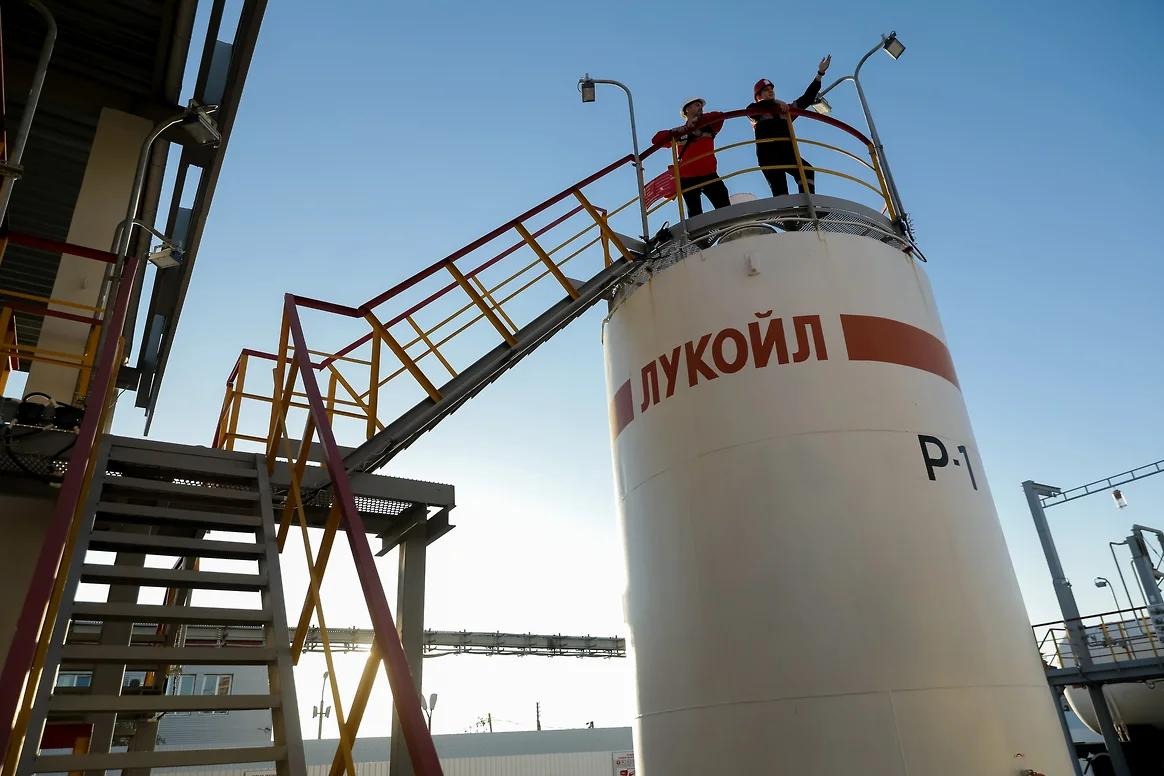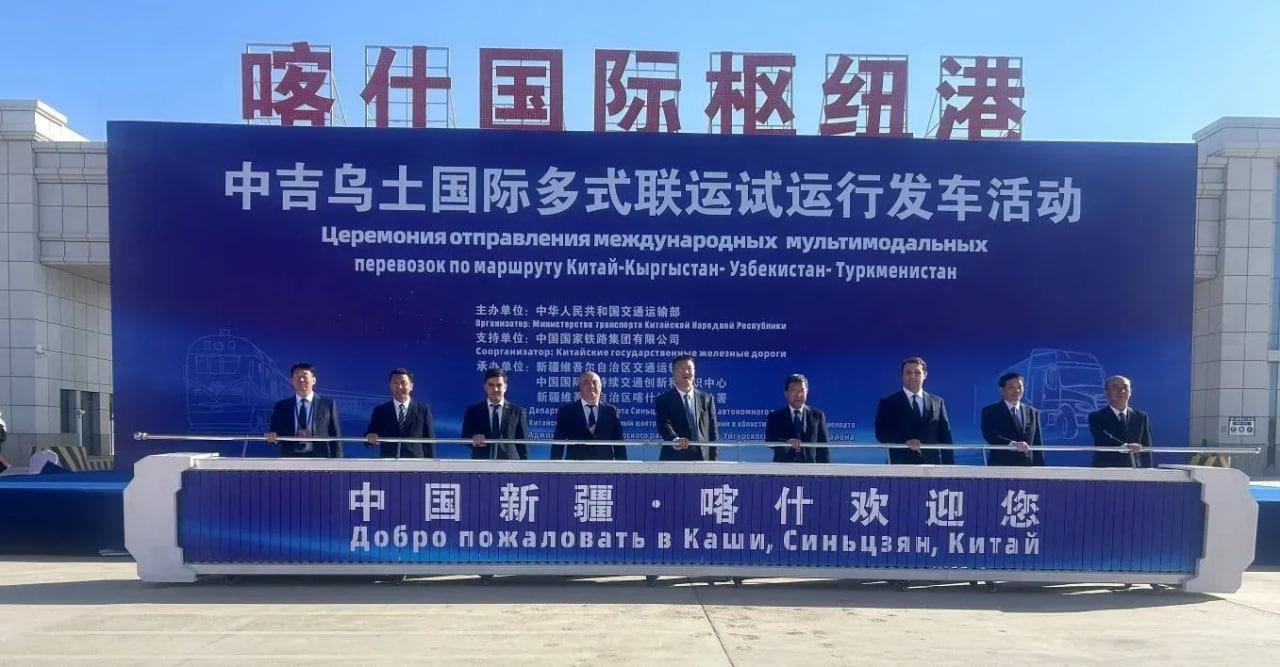MOSCOW “LIFTS” THE ECONOMIC SANCTIONS ON ABKHAZIA
MOSCOW “LIFTS” THE ECONOMIC SANCTIONS ON ABKHAZIA
On March 6 Russia’s Ministry of Foreign Affairs announced a unilateral decision by Russia to lift the economic sanctions against Abkhazia. The Ministry also requested the Commonwealth of Independent States Executive Committee to ask CIS member countries to lift those sanctions as well. At the same time, Russia continues to enforce its commercial embargos, transport blockades, and visa restrictions against the rest of Georgia.
In its substance, Russia’s move brings no changes to the situation on the ground in Abkhazia. Those sanctions had long become inoperative. Russia’s ongoing economic annexation of Abkhazia never stumbled against those sanctions, and it could continue henceforth even if Moscow had not erased the sanctions from the paper they are worth.
In its procedure, the move confirms Moscow’s disrespect for the CIS and arbitrary use of that cover on behalf of Russian policies. The economic sanctions on Abkhazia were based on a unanimous decision by the 12 presidents of the CIS member countries in January 1996. Under that agreement (“Decision by the Council of CIS Heads of State on Measures to Settle the Conflict in Abkhazia. Georgia”), all member countries were to ban trade, financial, transportation, communications, and other ties with Abkhazia at the state level — that is, by ministries and state-owned entities in the member countries. Georgia’s then-president Eduard Shevardnadze persuaded Russian counterpart Boris Yeltsin to push through that decision, with genuine support from CIS member countries apprehensive about potential secessionist trends at home or in neighboring states.
It now turns out that one ministry of foreign affairs — albeit a more equal one that the other 11 — can unilaterally announce Russia’s withdrawal from an agreement signed by 12 presidents; and, at a still lower level, ask a CIS bureaucratic office to ask other heads of state individually to withdraw from the collective decision without further ado. Moscow has no intention to submit its proposal for approval by the same forum that took the decision in the first place — namely, a CIS presidential summit. Russian President Vladimir Putin had such an opportunity at his February 21-22 valedictory CIS summit in Moscow, but declined.
According to the Duma’s CIS Affairs Committee chairman Alexei Ostrovsky, Russia had to move unilaterally because certain CIS member countries, concerned about active or potential secessionism, could have blocked a collective decision to lift the sanctions on Abkhazia (Utro.ru, March 4). Ostrovsky’s committee supports the lifting and other hostile moves against Georgia.
During the years since 1996, the sanctions against Abkhazia gradually lapsed in practice, to the point of falling into oblivion both locally and internationally. During Putin’s second presidential term, sometimes with his direct encouragement from nearby Sochi, choice economic assets in Abkhazia were taken over unlawfully and often below value by Russian state and private business entities. Many of those assets belong legally to the Georgian state and to Georgian expellees who continue holding legal title to those properties.
Trade between Russia and the Abkhaz-controlled territory across the Psou River faced few impediments, other than extortion by Russian and Abkhaz troops controlling that passage for all these years. Russian arms flowed, covertly but officially authorized for the most part, to the Russian-led Abkhaz forces across the border. In one high-profile episode in 2004, Vladimir Zhirinovsky handed over to the Abkhaz a gunboat, aboard which he landed in the port of Sukhumi.
Russia handed over its citizenship en masse (and waiving the requirements of the Russian law on citizenship) to Abkhazia’s population, many of whom moved to Russia for work. When Russia imposed the ban on Georgian (and Moldovan) wine in 2006, it promptly allowed the import of wine from Abkhazia. Given Abkhazia’s small wine output, Moscow’s move was symbolic and designed to demonstrate the complete lapse of the already forgotten sanctions.
Yet Russia did use economic sanctions against Abkhazia in late 2004-early 2005 when the local population elected Sergei Bagapsh as president by a narrow margin against Raul Khajimba. Each candidate had been supported by one faction in Russia’s intelligence services. Ultimately, Moscow dictated the outcome whereby Bagapsh became “president” and Khajimba “vice-president.” But, to coerce the Abkhaz into that solution, Russia imposed an embargo on the main Abkhaz export — namely, the locally grown citrus fruit in the winter season for Moscow and other Russian cities. Russia’s cabinet of ministers took that decision directly. However, Russian authorities did not refer to the 1996 sanctions in the context of 2004-2005. It was an ad hoc, unilateral measure, potentially repeatable without any “multilateral” CIS cover.
Both Bagapsh and Khajimba were quick to hail Moscow’s March 6 decision to lift the old sanctions. For its part, Russia’s First Deputy Minister of Foreign Affairs Andrei Denisov claims that this decision “does not change Russia’s position on Georgia’s territorial integrity” (Itar-Tass, March 6). If that position remains — as Moscow officially insists — that Russia recognizes that territorial integrity, then the moves on the ground in Abkhazia demonstrate how Russia can prevent a country from exercising its sovereignty, behind a purely verbal recognition of that integrity and sovereignty.
(Interfax, Civil Georgia, Apsnypress, March 6, 7)


